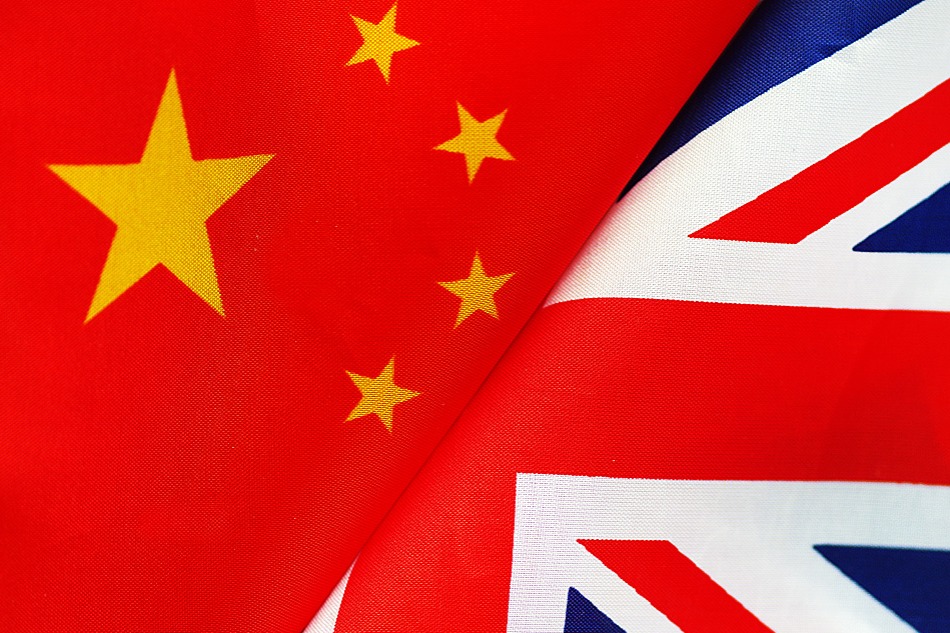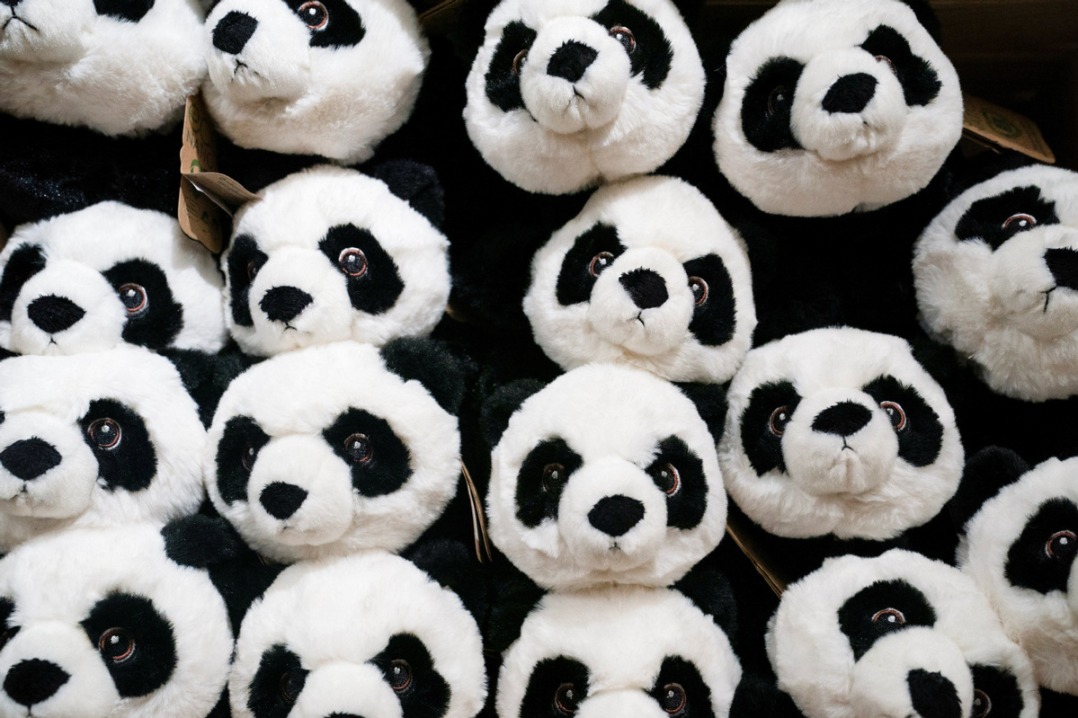Study finds chemical perchlorate in food, water in US

NEW YORK -- Perchlorate, a chemical found in rocket fuel, has contaminated water and food and is more likely to be found in food given to babies and children, according to a study from Consumer Reports.
The chemical is naturally occurring and man-made, but it is being found more often in groundwater, according to the Department of Toxic Substances Control.
Most of the food found to be contaminated with perchlorate was children's food, like cereal and chicken nuggets, James Rogers, a trained food and water microbiologist and director of Food Safety Research and Testing at Consumer Reports, was quoted by USA Today on Thursday as elaborating on this topic.
According to the study, which was released last week, researchers analyzed 196 samples of 63 supermarket products and 10 fast food items, and found that about 67 percent of the samples had measurable levels of perchlorate.
The top three product categories had the highest levels of perchlorate are baby/kid food, fruits and vegetables, and fast food. And according to Rogers, as reported by USA today, beef burritos, chicken sandwiches and French fries are the top three particular foods that contained the highest concentration of perchlorate.
The food tested did not contain dangerous levels of perchlorate, but Rogers said that there is no strict definition of what is considered to be a "dangerous level."
Rogers said consuming unsafe levels of the chemical can negatively affect a person's thyroid. "Thyroid hormones affect metabolism, and having bad thyroid function could lead, in this case, to type 2 diabetes."
Thyroid problems can lead to type 2 diabetes for adults, but children and fetuses can face complications with neurodevelopment, which "can result in a lowering of IQ of the children."
Exposure to high levels of perchlorate can affect the thyroid in multiple ways, according to the FDA. It can interfere with iodide uptake into the thyroid gland, disrupt thyroid functions, and possibly lead to a reduction in thyroid hormone production.

































